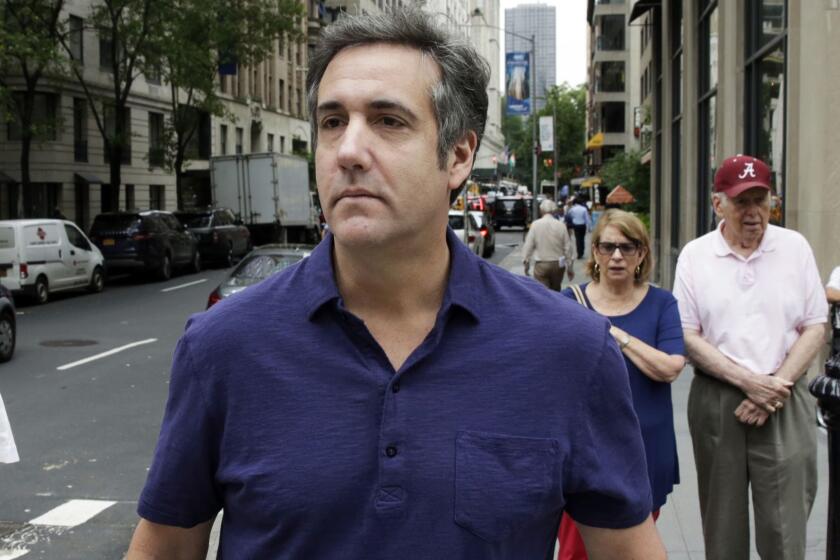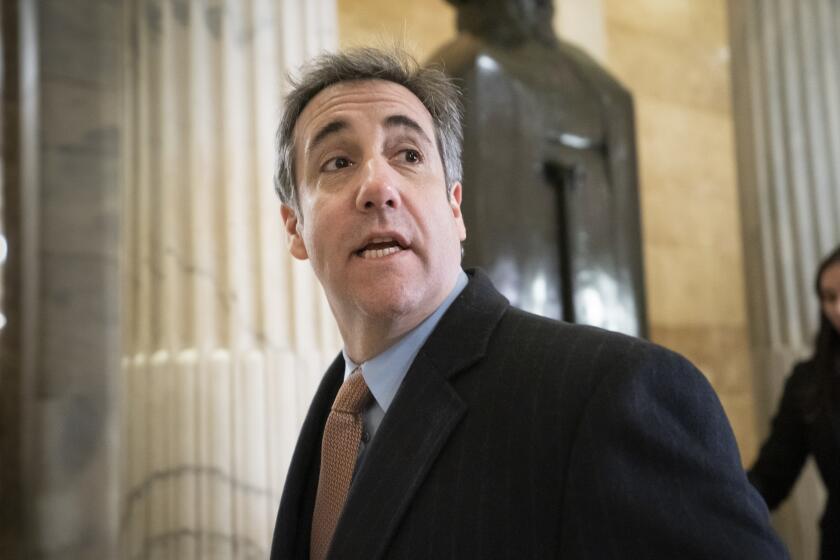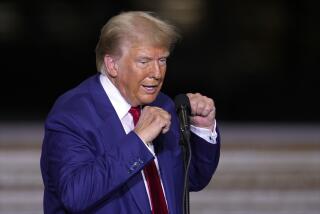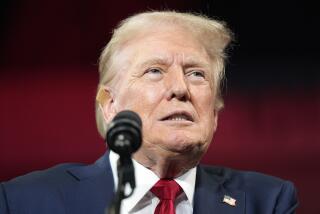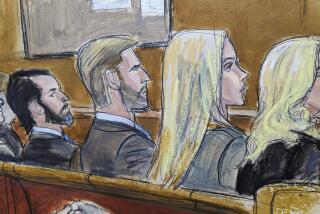Cohen testifies before grand jury in Trump hush money probe
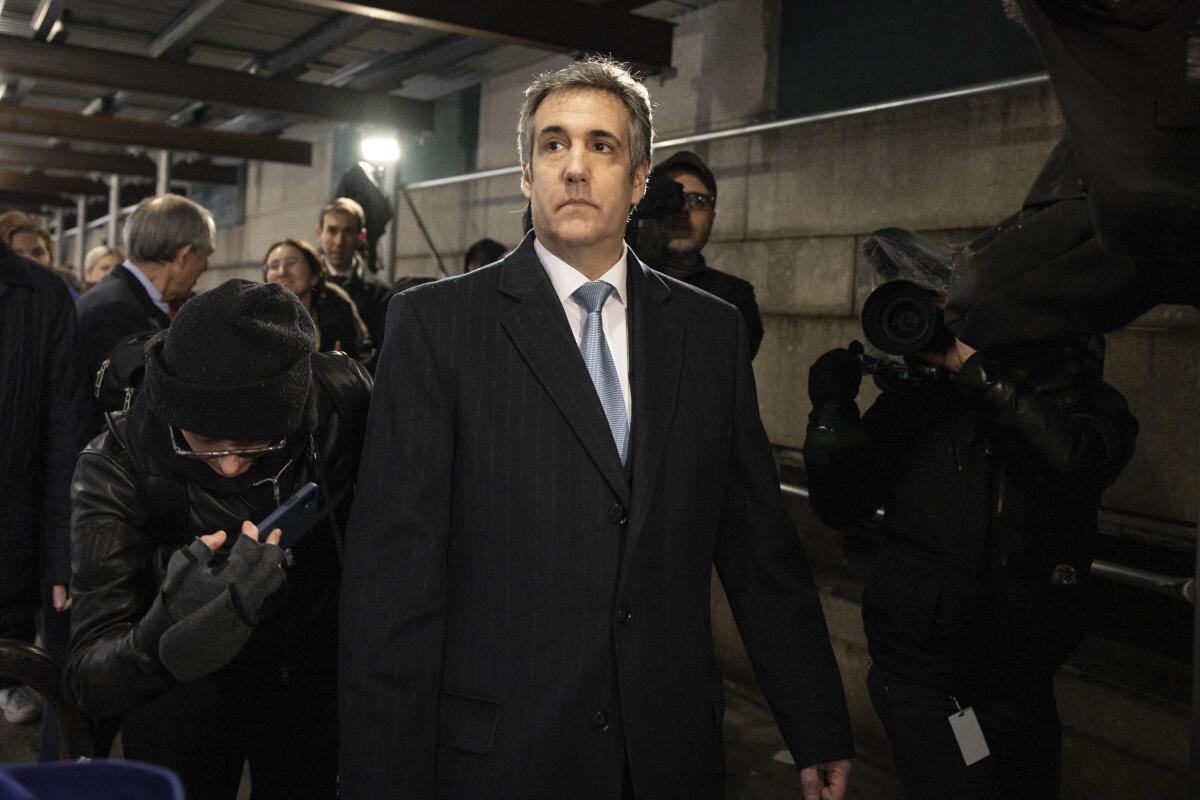
NEW YORK — Donald Trump’s former lawyer and fixer Michael Cohen testified Monday before a Manhattan grand jury investigating hush money payments he arranged and made on the former president’s behalf.
A Trump loyalist turned adversary, Cohen spent around three hours answering questions in the secret proceeding. He is scheduled to return again for more testimony Wednesday, his lawyer said as the pair emerged from the courthouse.
“Michael has spent a long and productive afternoon answering all questions, all facts, and completely responsive,” said Cohen’s lawyer, Lanny Davis.
The testimony comes at a critical time, as the Manhattan district attorney’s office weighs whether to seek charges against Trump over payments made during his 2016 campaign to two women who alleged affairs or sexual encounters with him.
Before entering the courthouse for the session, Cohen, who orchestrated those payoffs, said his goal was simply “to tell the truth,” dismissing a suggestion that he might be motivated by a desire to see Trump behind bars.
“This is not revenge,” he said. “This is all about accountability. He needs to be held accountable for his dirty deeds.”
Trump denies being involved with either of the women, the porn actor Stormy Daniels and model Karen McDougal.
President Trump’s former personal lawyer and longtime “fixer,” Michael Cohen, pleaded guilty Tuesday to eight charges of felony fraud and campaign finance law violations — and implicated Trump for directing him to arrange payments to buy the silence of two former paramours.
Cohen has given prosecutors evidence, including voice recordings of conversations he had with a lawyer for one of the women, as well as emails and text messages. He also has recordings of a conversation in which he and Trump spoke about an arrangement to pay the other woman through the supermarket tabloid the National Enquirer.
Prosecutors appear to be looking at whether Trump committed crimes in how the payments were made or how they were accounted for internally at Trump’s company, the Trump Organization.
One possible charge would be falsifying business records, a misdemeanor unless prosecutors could prove it was done to conceal another crime. No former U.S. president has ever been charged with a crime.
Appearing Monday on ABC’s “Good Morning America,” Trump lawyer Joseph Tacopina said it is unlikely the former president will accept an invitation, extended by prosecutors last week, to testify before the grand jury.
“We have no plans on participating in this proceeding,” Tacopina said. “It’s a decision that needs to be made still. There’s been no deadline set, so we’ll wait and see.”
He characterized Trump as a victim, saying he was pressured into making the payment to Daniels.
“This was a plain extortion and I don’t know since when we’ve decided to start prosecuting extortion victims,” Tacopina said. “He’s denied — vehemently denied — this affair. But he had to pay money because there was going to be an allegation that was going to be publicly embarrassing to him, regardless of the campaign.”
Daniels and the attorney who helped arrange the payment for her, Keith Davidson, have both denied extorting anyone.
Michael Cohen’s tell-all memoir makes the case that President Trump is ‘guilty of the same crimes’ that landed his former fixer in federal prison.
Tacopina is also accusing the Manhattan district attorney’s office of prosecutorial misconduct, writing in a letter to New York City’s inspector general that prosecutors are trying to hamper Trump’s chances in the 2024 presidential election. Tacopina asked the city’s Department of Investigation to probe a “patently political prosecution.”
The Manhattan district attorney’s office declined to comment.
Trump’s lawyers have tried several times to get judges in New York and Florida to intervene in or halt investigations of Trump and the Trump Organization, arguing that they are politically motivated. All of those attempts have failed.
Cohen served prison time after pleading guilty in 2018 to federal charges, including campaign finance violations, for arranging the payouts to Daniels and McDougal to keep them from going public. He has also been disbarred.
Trump’s lawyers could point to those factors in an attempt to undermine Cohen’s credibility, if the former president is charged and Cohen ends up testifying at trial.
Cohen has been meeting regularly with Manhattan prosecutors in recent weeks, including a daylong session Friday to prepare for his grand jury appearance.
Michael Cohen, once among President Trump’s most ardent defenders, fiercely turned on him Wednesday, describing a culture of rampant criminality and nonstop lying around Trump involving payoffs to his alleged mistresses, inflated personal wealth and secret efforts to build Europe’s tallest skyscraper in Moscow.
The panel has been hearing evidence since January in what Manhattan Dist. Atty. Alvin Bragg, a Democrat, has called the “next chapter” of his office’s years-long Trump investigation. But the hush money payments — perhaps the most salacious of the avenues of inquiry into Trump — are familiar ground.
Federal prosecutors and Bragg’s predecessor in the district attorney’s office, Cyrus Vance Jr., each scrutinized the payments but didn’t charge Trump.
Cohen declined to comment to reporters as he left the meeting, saying he’d be “taking a little bit of time now to stay silent and allow the DA build their case.”
Trump continued to lash out at the probe on social media on Friday, calling the case a “Scam, Injustice, Mockery, and Complete and Total Weaponization of Law Enforcement in order to affect a Presidential Election!”
Cohen paid Daniels $130,000 through his own company and was then reimbursed by Trump, whose company logged the reimbursements as “legal expenses.”
McDougal’s $150,000 payment was made through the publisher of the National Enquirer, which squelched her story in a journalistically dubious practice known as “catch-and-kill.”
According to federal prosecutors who charged Cohen, the Trump Organization then “grossed up” Cohen’s reimbursement for the Daniels payment for “tax purposes,” giving him $360,000 plus a $60,000 bonus, for a total of $420,000.
More to Read
Sign up for Essential California
The most important California stories and recommendations in your inbox every morning.
You may occasionally receive promotional content from the Los Angeles Times.
